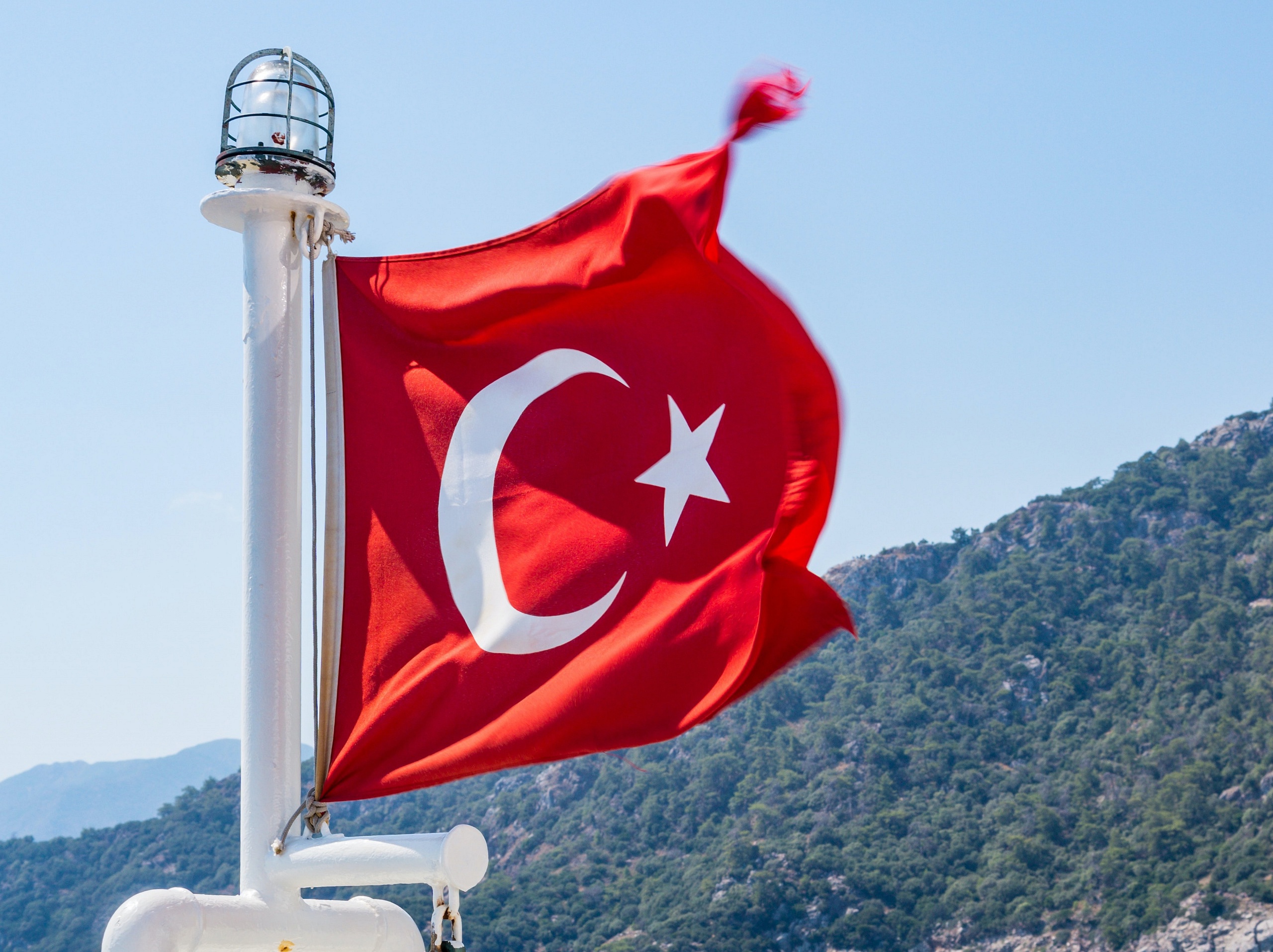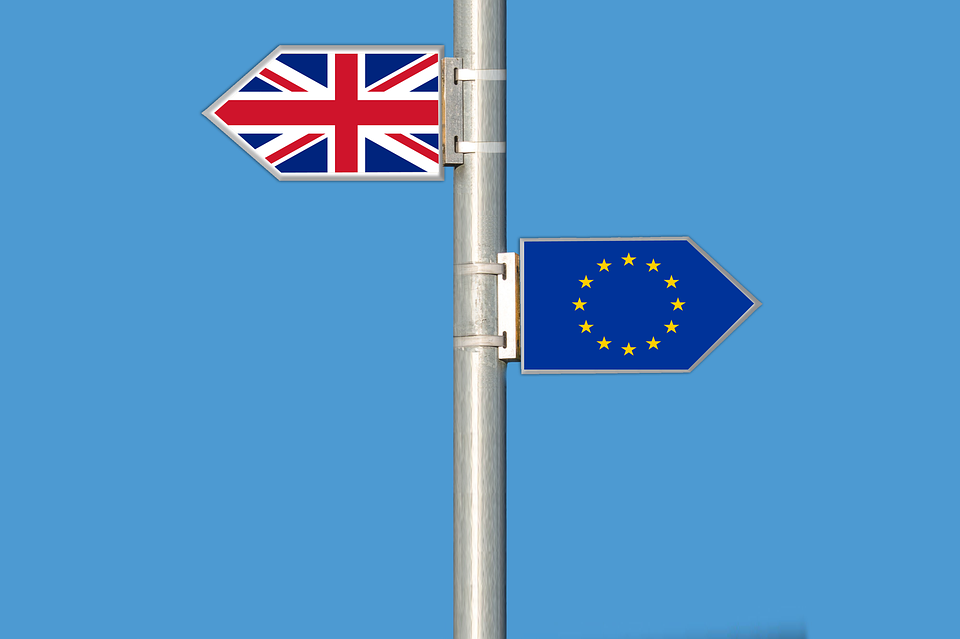On January 9th, Turkish President Recep Tayyip Erdoğan expressed his wish to “turn a new page” in Turkey’s relations with the European Union. According to him, it was some EU member states’ “caprices” and their creation of “artificial problems” that caused a crisis in the relationship during 2020.[1] He made no reference to specific problems, but it can be assumed that he criticized some countries’ concerns, among others, about the state of human rights and fundamental freedoms in Turkey.
The country has been at the stage of formal EU membership negotiations since 2005. Sixteen chapters corresponding to various policy fields have been opened, and one of them has been provisionally closed, which indicates some progress in the negotiations.[2] The accession process is based on Article 49 of the Treaty on the European Union, and there must be unanimous support of all member states for a state’s accession. Recently, there have been calls for the suspension of the negotiations with Turkey, notably from the European Parliament, which has referred to the country’s regressions with regard to human rights, democracy, and the rule of law.[3] These and other fundamental EU principles are central to the process of accession under Article 49, which refers to the said values enshrined in Article 2. Given the Parliament’s concerns, it seems that the unanimous support for Turkey’s accession has collapsed.
EU-Turkey relations are on precarious ground also due to Turkey’s external activities. To name a few, the state has undertaken drilling activities in the Eastern Mediterranean without authorization, encouraged migrants to move towards EU states despite its 2016 migration deal with the EU,[4] and intervened in the ongoing conflict in Libya.[5]
The 2016 migration deal was a key development in the relations between Turkey and the EU. It provides for the return of migrants to Turkey in exchange for €6 billion in support, and includes a reconfirmed commitment to move forward with the accession process, now stalled.[6] Notwithstanding the calls for a formal suspension, the EU has, understandably, continued to uphold its support for Turkey’s role in relieving EU member states of an overwhelming flow of migrants.[7]Thus, it has stressed its wish to maintain a positive relationship with the country. However, Turkey’s aggressive rhetoric towards EU member states has not helped, an example of which is Erdoğan’s accusation of European leaders of anti-Islam policies and their description as “the link in the Nazi chain.”[8]
Regarding human rights protections, it must be noted that not only Turkey, but also its counterparty have been criticized. During the negotiations leading up to the 2016 deal, some argued that it was illegal under international human rights law, notably Article 4 of the European Convention on Human Rights prohibiting the collective expulsion of aliens, and Article 14(1) of the Universal Declaration on Human Rights, which provides for the right to seek and to enjoy asylum from persecution.[9] Amnesty International has also condemned the agreement, describing it as “reckless and illegal” and pointing out the doubtful safety of Turkey for refugees.[10] And yet the deal has survived, as it was deemed essential amidst the 2015 migration crisis in Europe.[11]
In sum, any development in the ‘positive agenda’ for EU-Turkey relations concerning accession must be coupled with Turkey aligning with the fundamental principles forming the EU’s foundation. Although the country feels that it can dictate the process,[12] the necessary agreement of all EU member states as to its accession points to the opposite. However, EU member states have differing diplomatic strategies as regards Turkey. In this context, it has been argued that a tougher approach should be adopted.[13] Perhaps it is indeed time for a change in strategy, taking into account Turkey’s numerous aggressive actions.
[1] Presidency of the Republic of Turkey, ‘President Recep Tayyip Erdoğan had a videoconference with President of the European Commission Ursula von der Leyen’ (Twitter, 9 January 2021)
[2] European Commission, ‘Turkey 2020 Report’ (6 October 2020) SWD(2020) 355 final, 3.
[3] European Parliament, ‘European Parliament resolution of 13 March 2019 on the 2018 Commission Report on Turkey (2018/2150(INI))’ P8_TA(2019)0200, paras 21-22; European Parliament Committee on Foreign Affairs, ‘Draft Report on the 2019-2020 Commission Reports on Turkey (2019/2176(INI))’ paras 5, 8.
[4] European Commission (n 2).
[5] Marc Pierini, ‘Libya Is a European Emergency’ (Carnegie Europe, 2 July 2020)
[6] European Council, ‘EU-Turkey Statement’ (18 March 2016)
[7] ibid para 25; European Council, ‘European Council meeting (10 and 11 December 2020) – Conclusions’ (11 December 2020) para 31.
[8] Samuel Petrequin, ‘Tensions between EU and Turkey escalate over Erdogan insults’ (Associated Press, 26 October 2020)
[9] Nils Muiznieks, ‘Stop Your Backsliding, Europe’ (The New York Times, 14 March 2016)
[10] Amnesty International, ‘EU’s reckless refugee returns to Turkey illegal’ (3 June 2016)
[11] Dogachan Dagi, ‘The EU–Turkey Migration Deal: Performance and Prospects’ (2020) 25(2) European Foreign Affairs Review 197, 198.
[12] ibid.
[13] Marc Pierini, ‘How the European Union Should Tackle Turkey’s Hostility’ (Carnegie Europe, 3 November 2020)








